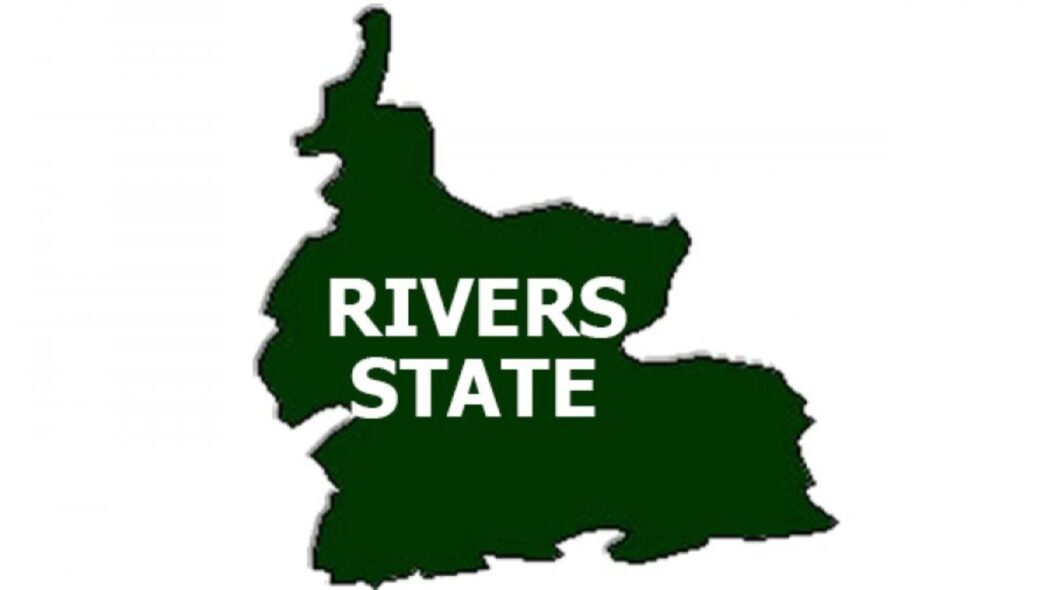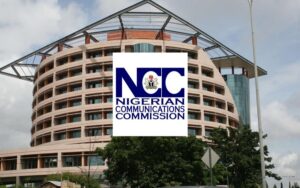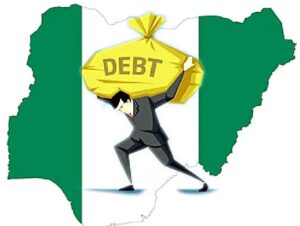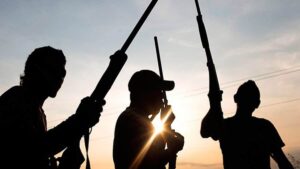
Endless power struggle in Rivers state
Since the failed impeachment attempt on Governor Siminailayi Fubara in 2024, the political landscape in Rivers State has been in turmoil. The subsequent explosion that damaged part of the State House of Assembly, which led to its demolition by the Governor, further exacerbated tensions in the state.
The Governor cited structural integrity concerns as the reason for demolishing the affected building. However, the demolition did not sit well with the 27 lawmakers, who are often seen as loyal to the Federal Capital Territory (FCT) Minister, Nyesom Wike. What followed was a storm of accusations over who was responsible for the explosion, which in turn, led to multiple court cases in both Rivers State and the FCT.
The incident, though still fresh, has cast a shadow over development and investment in the state. While political power struggles raged on, the people of Rivers became disillusioned, and investors began to flee the state in search of more politically stable environments, particularly Lagos and Abuja.
The critical question now is: who has been the biggest loser in this ongoing conflict? The answer is clear—the people of Rivers State.
The bickering between factions has resulted in the balkanization of the State Assembly. The 27 lawmakers have set up camp at the Assembly quarters, while the four lawmakers loyal to Governor Fubara continue to hold sway at the Government House. The situation has spiralled further with the defection of the 27 lawmakers from the People’s Democratic Party (PDP) to the All Progressives Congress (APC). This move, which led to Hon. Edison Ehie, assuming the role of Speaker for the four-man faction, has effectively divided the Assembly into two rival camps: one serving the Governor’s interests, the other pushing for its own agenda.
This political gridlock has left the people of Rivers State in a state of confusion, unsure of which faction truly represents them. The lack of clarity on who is in control of the state has only compounded the already tense atmosphere.
Amidst the growing chaos, President Ahmed Bola Tinubu intervened, inviting all warring parties to Abuja for dialogue. While a gentleman’s agreement was reached during this meeting, it quickly fell apart as both factions ignored the terms. Soon after, the presentation of the 2024 budget became a battleground. The four-man legislature, led by Hon. Victor Oko-Jumbo, rejected the budget presented to them by the Governor, while the 27 lawmakers led by Hon. Martin Amaewhule dismissed the process entirely.
The crisis reached a boiling point when the Supreme Court ruled in favour of the Amaewhule-led Assembly, recognising it as the legitimate Assembly of Rivers State. The Governor, in turn, was met with a closed door by the Assembly, leading to an even deeper political impasse.
The situation took a violent turn when the Trans Niger Pipeline around Bodo-Ogoni was attacked, followed by another assault on an oil installation in Ogba/Egbema/Ndoni (ONELGA). With tensions rising and violence escalating, the President, as Commander-in-Chief, had no choice but to declare a state of emergency in Rivers State on March 18, 2025. The Governor and the entire State Assembly were suspended for six months, and Vice Admiral Ibok Ibas (Retd) was appointed as Sole Administrator to oversee the affairs of the state.
While this intervention brought a temporary sense of peace and calm to the region, it has been described by many as a “graveyard peace,” as the political tensions remain unresolved. The real question that now looms over Rivers State is whether this period of peace will be used for meaningful reflection and a genuine rebirth.
We strongly believe that this six-month period should not be wasted. It should be used as an opportunity for all parties involved in the conflict to reflect on the harm caused and seek a path to true reconciliation. If Rivers State is to move forward, its leaders must put aside their differences and work together for the betterment of the people.
Rivers State cannot afford to remain in a cycle of endless political infighting. Other states in Nigeria are forging ahead, and Rivers must do the same. Lagos was built by Lagosians, Abia by Abians, and Rivers must be built by Rivers people. This is not an optional task; it is a responsibility that must be undertaken for the future of the state.
Let us all embrace the call for a fresh start, for only then can we build a state that is prosperous, united, and truly reflective of its people’s potential. As the old saying goes, “a word is enough for the wise.” Now is the time for wisdom, reflection, and action.




